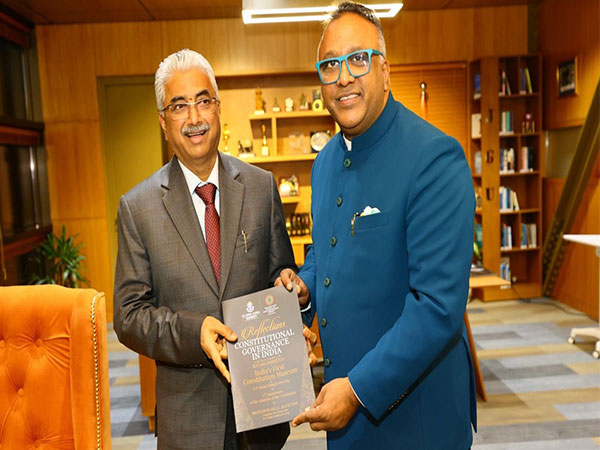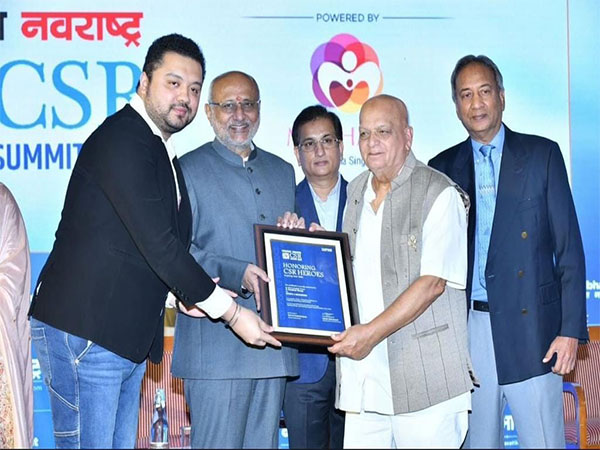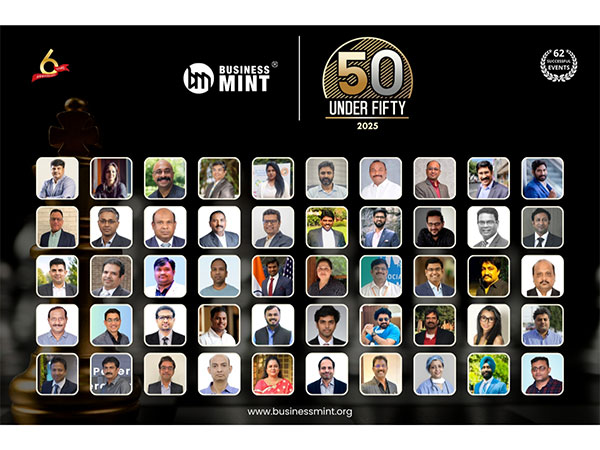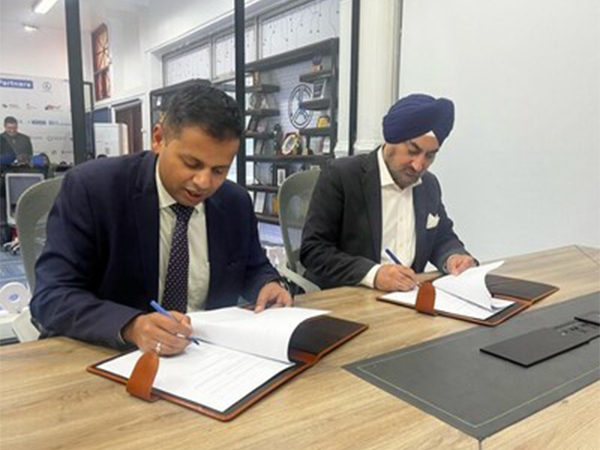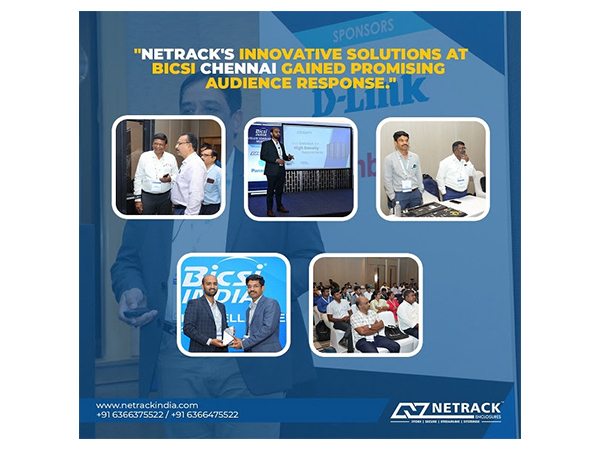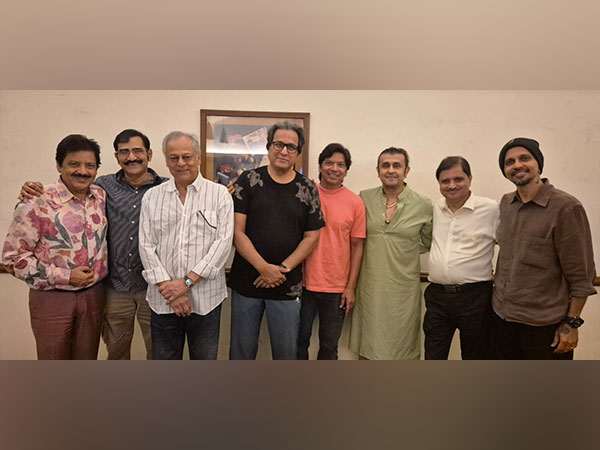Supreme Court Enhances Fundamental Rights in the Constitution: Justice Aravind Kumar at Fali S. Nariman Memorial Lecture
Feb 07, 2025
OP Jindal University
Sonipat (Haryana) [India], February 7: Justice Aravind Kumar, Judge, Supreme Court of India delivered the Fali. S. Nariman Memorial Lecture at O.P. Jindal Global University and said, "The Supreme Court of India Enhances Fundamental Rights Enshrined in the Constitution. The judiciary wishes to secure socio-economic justice and rights by broader welfare policies and development strategies so that states can achieve the minimum core in every possible way. The court is duty bound to ensure constitutional protection in favour of weaker sections of the society based on social economic criteria."
Recalling the contribution of renowned late legal luminary, Fali S. Nariman, Justice Aravind Kumar said, "Fali Nariman was not just a legal expert but the conscience keeper of the legal fraternity with unparalleled brilliance and eloquence that could stay the hardest heart with a steadfast commitment to justice. He epitomised the ideals of our Constitution that envisions fairness, courage and an unwavering faith in the individual and shaped landmark judgements. His legacy is marked by landmark contributions to human rights and justice. His commitment to human rights wasn't confined to the courtroom. As a nominated member of the Rajya Sabha while participating in the debate on Right to Education, he remarked, I quote, a society that denies its children the light of education dims the future of its democracy. His writings and speeches often reflected his belief that constitutional morality should guide public policy."
Justice Aravind Kumar's lecture titled '75 Years of Indian Constitution and the Supreme Court of India: The Role of Human Rights & Public Policy for Empowering Citizens' involved a wide-ranging discourse on rights, duties and the role of the Supreme Court in upholding the Constitution of India. "As we celebrate 75 years of the Indian Constitution and establishment of the Supreme Court, we reflect on the transformative vision embedded in these institutions. Fali Nariman often said that the constitution is not a mere document. It is the soul of our democracy. He believed in its promise to ensure dignity for all. At the heart of this journey lies the interplay of human rights and public policy. The true measure of a government lies in its ability to translate constitutional principles into public policy that uplifts every citizen. The framers of the Constitution showed insightful thinking which was essentially futuristic when the Right to Equality before the law was taken from the Directive Principles of state policy and put under fundamental rights it is imperative to discuss how the Supreme Court has enforced these human rights and has proactively enhanced the implementation of these rights and ensuring the effectiveness as well. There have been monumental leaps in widening the interpretation of certain provisions to include the basic tenets of Right to Life."
"The Supreme Court of India has interpreted the Right to Life to mean not only the right to physical or animal existence, but also the right to use of every limb or faculty through which life is enjoyed, including the right to live with basic human dignity. The Supreme Court has also given a wide and expansive meaning to the Right to Life, including within it, the Right to a Clean and Healthy Environment, without which life would be almost impossible. The Right to Life has also been interpreted by the Supreme Court of India to include right to food, shelter, education, thus in conformity with the meaning given by the United Nations Human Rights Committee to the Right to Life as embodied in Article Six of the International Covenant on Civil and Political Rights. The role of courts may be restricted in the area of socio-economic rights. However, public interest litigation and jurisprudence developed by the Supreme Court is an example of what a court can do in interpreting the fundamental rights," He said.
In his Welcome Address, Professor (Dr.) C. Raj Kumar, Founding Vice Chancellor, O.P. Jindal Global University, "We are celebrating the legacy of undoubtedly India's finest jurist, Mr Fali S. Nariman. He remains India's finest lawyer, arbitrator and also a parliamentarian. Nariman wore many hats, but one thing that he did, is that he steadfastly adhered to the idea of speaking truth to power. He remained the moral compass of the legal profession, and indeed the law itself. We are also honoured that the memorial lecture is being delivered by the distinguished judge of the Supreme Court Justice Aravind Kumar."
Professor (Dr.) S.G. Sreejith Executive Dean, Jindal Global Law School reflected on the contributions of Fali S. Nariman and said that it was an honour to organise the annual lecture in his memory.
(ADVERTORIAL DISCLAIMER: The above press release has been provided by OP Jindal University. ANI will not be responsible in any way for the content of the same)
